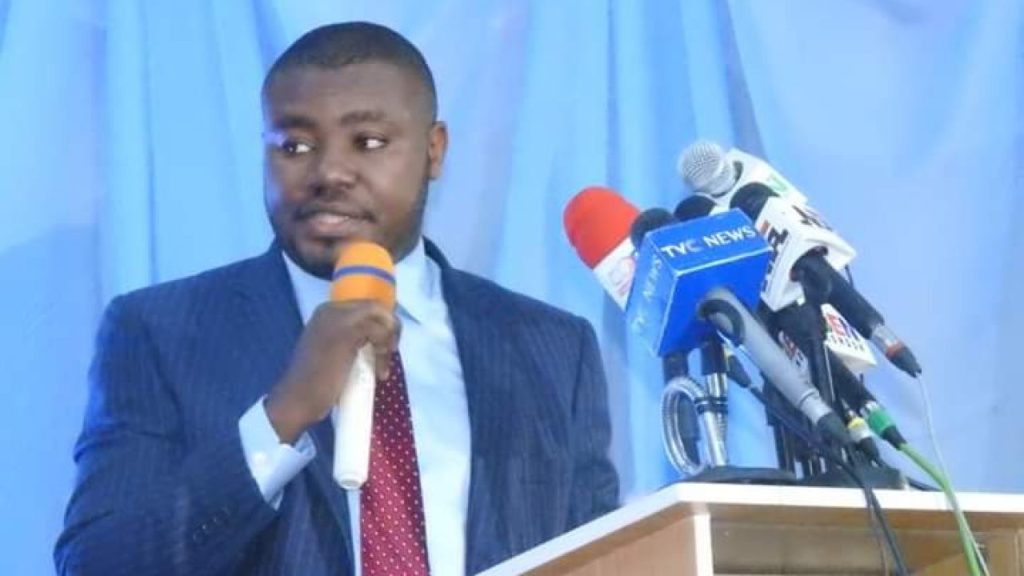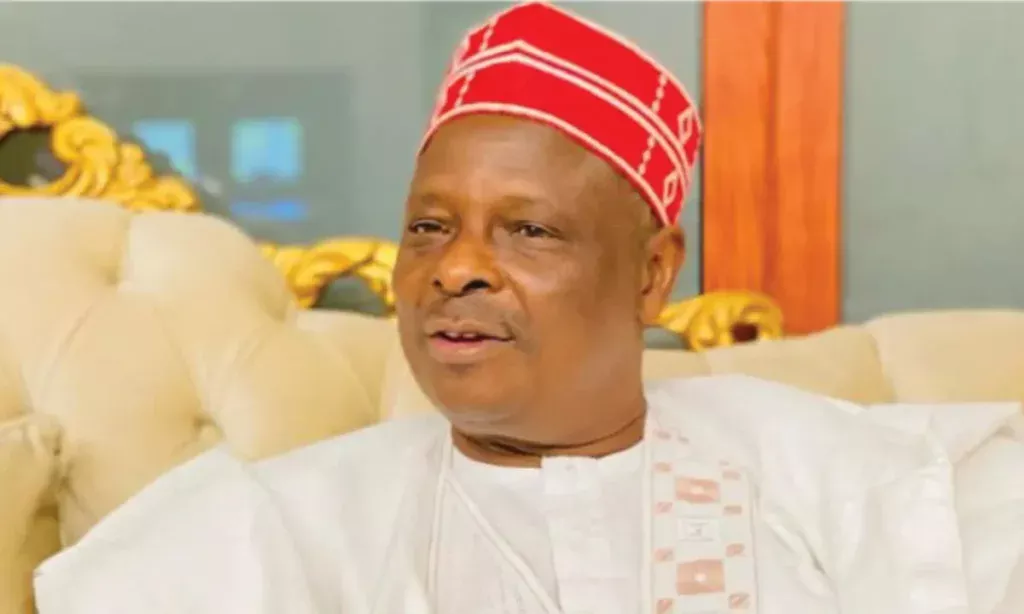Nigeria’s House of Representatives has summoned 11 electricity distribution companies (Discos) to address an outstanding debt of N2.6 trillion (approximately $6.3 billion USD) owed to the federation account. This move comes after a thorough review of the 2021 Auditor General’s report, which highlighted numerous irregularities within the power sector.
According to documents submitted by the Nigerian Bulk Electricity Trading Company (NBET) PLC, the 11 Discos collectively owe N2.6 trillion as of September 30, 2020. The breakdown of the debt is as follows: Abuja Electricity Distribution Company (AEDC) owes N330.4 billion, Eko Electricity Distribution Company owes N231 billion, and Benin Electricity Distribution Company owes N233.2 billion, among others.
During an investigative hearing chaired by Representative Bamidele Salam, the Managing Director of NBET, Johnson Akinnawo, disclosed the scale of the liabilities. The Auditor General’s 2021 report flagged multiple irregularities in the power sector, including uncollected debt, shortfalls in NBET’s income, and payments made for electricity not delivered to the national grid.
Other issues raised in the report include N26 billion owed to Nigeria by two foreign firms for power exported to Togo, Benin, and Niger, as well as N166 billion in under-remittance by Discos, below the Nigerian Electricity Regulatory Commission’s (NERC) minimum threshold.
Following deliberations, the committee moved a motion to summon all 11 Discos to explain their persistent non-settlement of financial obligations. According to Yahya Kusada, a member of the committee, “With the magnitude of liabilities before us, these companies must appear before the Committee to clarify their positions and outline repayment plans.”
The committee also resolved to invite other market operators and participants to address concerns raised in the Auditor General’s report. A date for the appearances will be communicated to the affected parties in due course. This move is seen as a crucial step in addressing the long-standing issues within Nigeria’s power sector, which have hindered the country’s economic growth and development.



